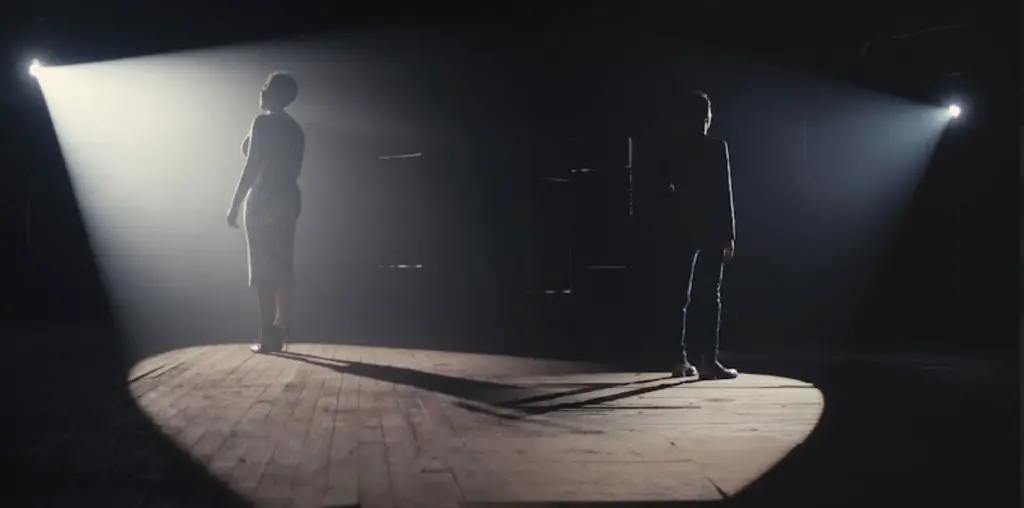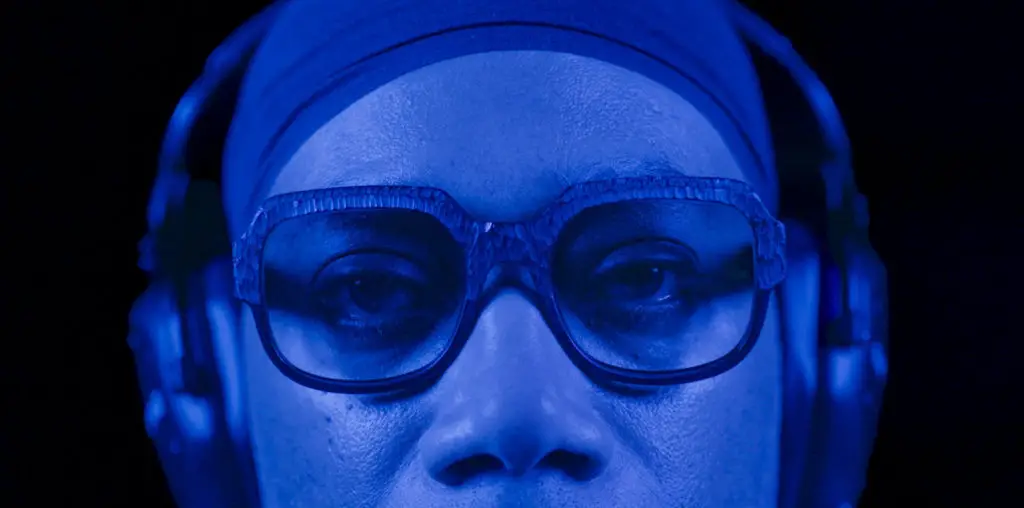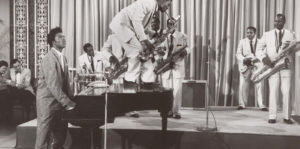
That is why When Houston Had The Blues is such a powerful and crucial telling of one of the biggest untold stories in music. Once you hear that certain flavor Houston Blues has versus other Blues styles, like Chicago Blues or West Coast Blues, it becomes clear. Swyer shows us that even Texas Blues is an umbrella for competing styles, as Houston’s sound was distinctive from Austin or Dallas.
The biggest mystery that is solved in When Houston Had The Blues is why the city, with so many huge players in Blues history, doesn’t have the reputation as a music metropolis like Detroit or Austin. It is all around the collapse of the pillars that held the scene up until, by the mid-1970s, there wasn’t a trace of it left. This was due to the collapse of the ballrooms where all the players played. Also fading away was the local record label Duke Peacock, which was formed in 1949 to sign Gatemouth Jones.
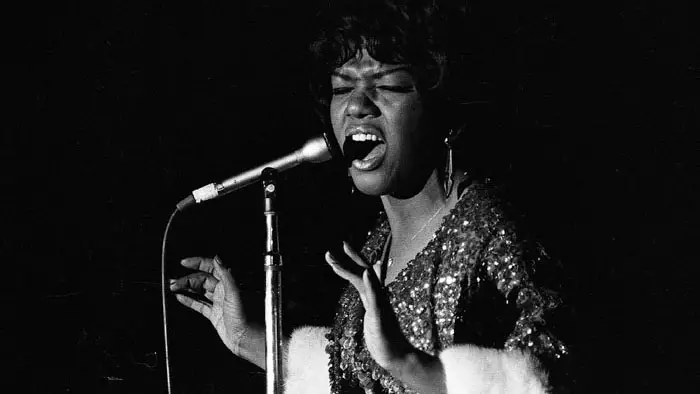
“Ironically enough, integration was the culprit behind Houston’s blues industry’s destabilization.”
Ironically enough, integration was the culprit behind Houston’s blues industry’s destabilization. The infrastructure of all the hot spots was dictated by segregation, which, when lifted, caused everything to be lost in the endless metropolitan morass of H-Town. However, even though America doesn’t remember any of this, Europe digs it and has been digging it for a long time. Artists would talk about packing houses overseas while they couldn’t find a gig in their own town.
The artists still alive to be interviewed are an invaluable resource here. Brown is an absolute delight, with plenty of onscreen crackles during her time. Lynn is a powerhouse and is still going strong. I don’t know what Brown is a doctor of, but whatever it is, it can cure everything. *When Houston Had The Blues* is the best dark back alley of Texas musical history you could find to wander down.
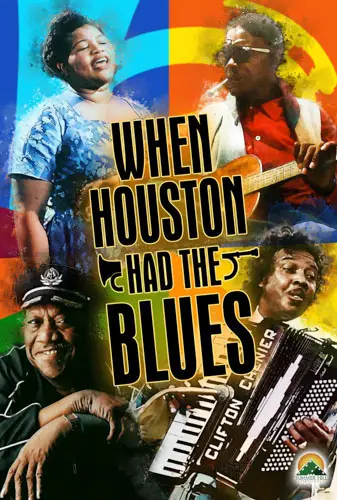
"…a powerful and crucial telling of one of the biggest untold stories in music."

